
Read or listen offline
Recommendation
This book offers an outstanding survey of philosophy, psychology, brain science, economics, and the field that brings them all together, neuroeconomics. Paul W. Glimcher contends that Descartes’ deterministic theory that simple behavior operates according to reflexes is influential far beyond its merits. He describes numerous experiments that support a very different understanding of behavior, which says that organisms seeking to fulfill their own goals (mostly to perpetuate their genes) must “choose” behaviors that somehow account for risk and return. In other words, they maximize “inclusive fitness” under conditions of uncertainty. Laboratory experiments and field research by behavioral ecologists lend considerable support to this view. getAbstract recommends this solid, layman’s introduction to neuroeconomics and a remarkable series of discoveries.
Take-Aways
About the Author
Paul W. Glimcher is an associate professor of neural science and psychology at the Center for Neural Science at New York University.








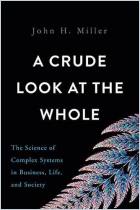
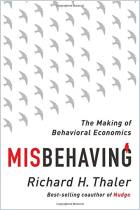
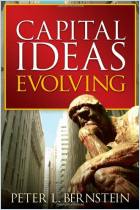

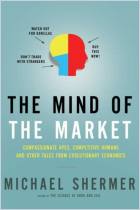
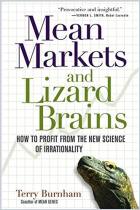

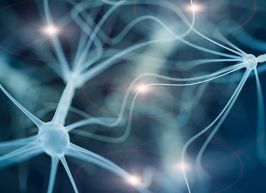


Comment on this summary or Start Discussion